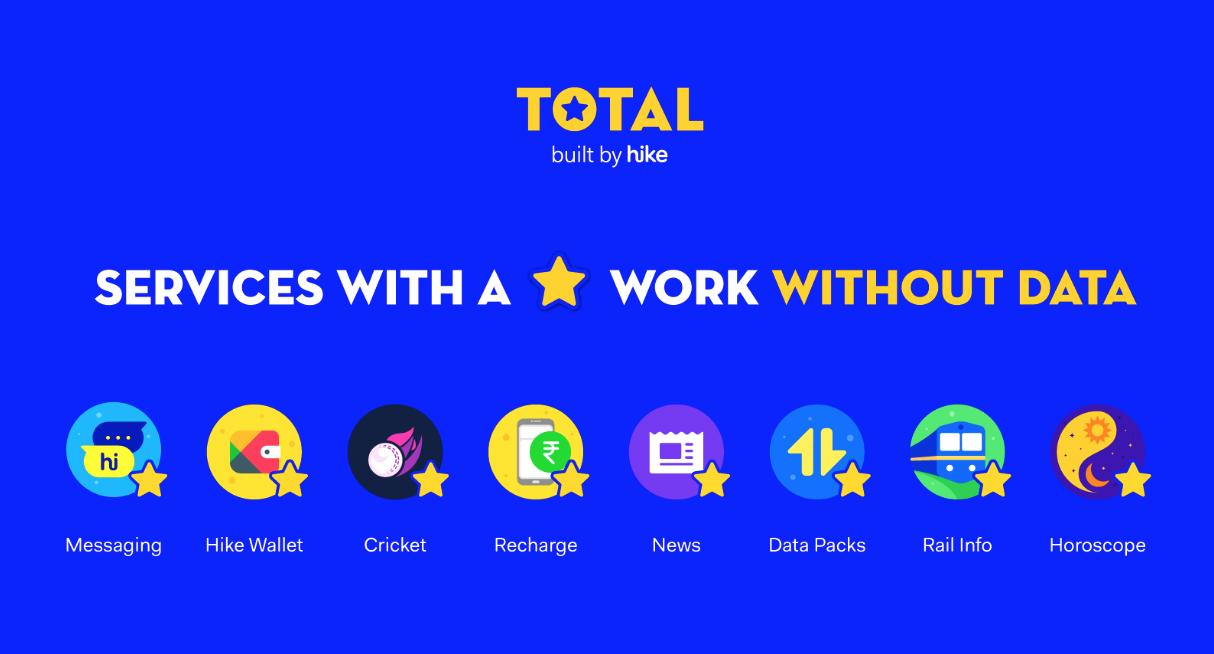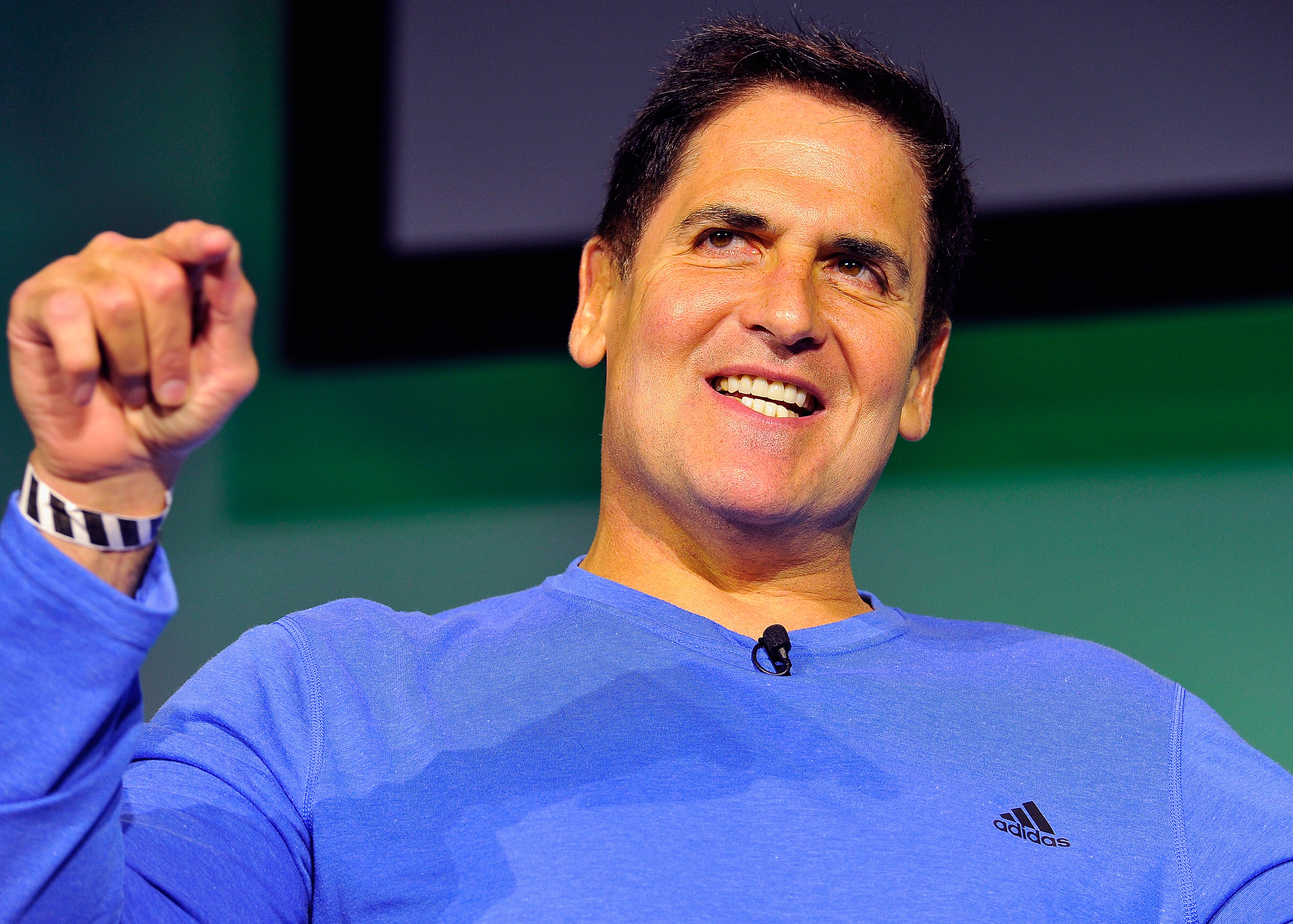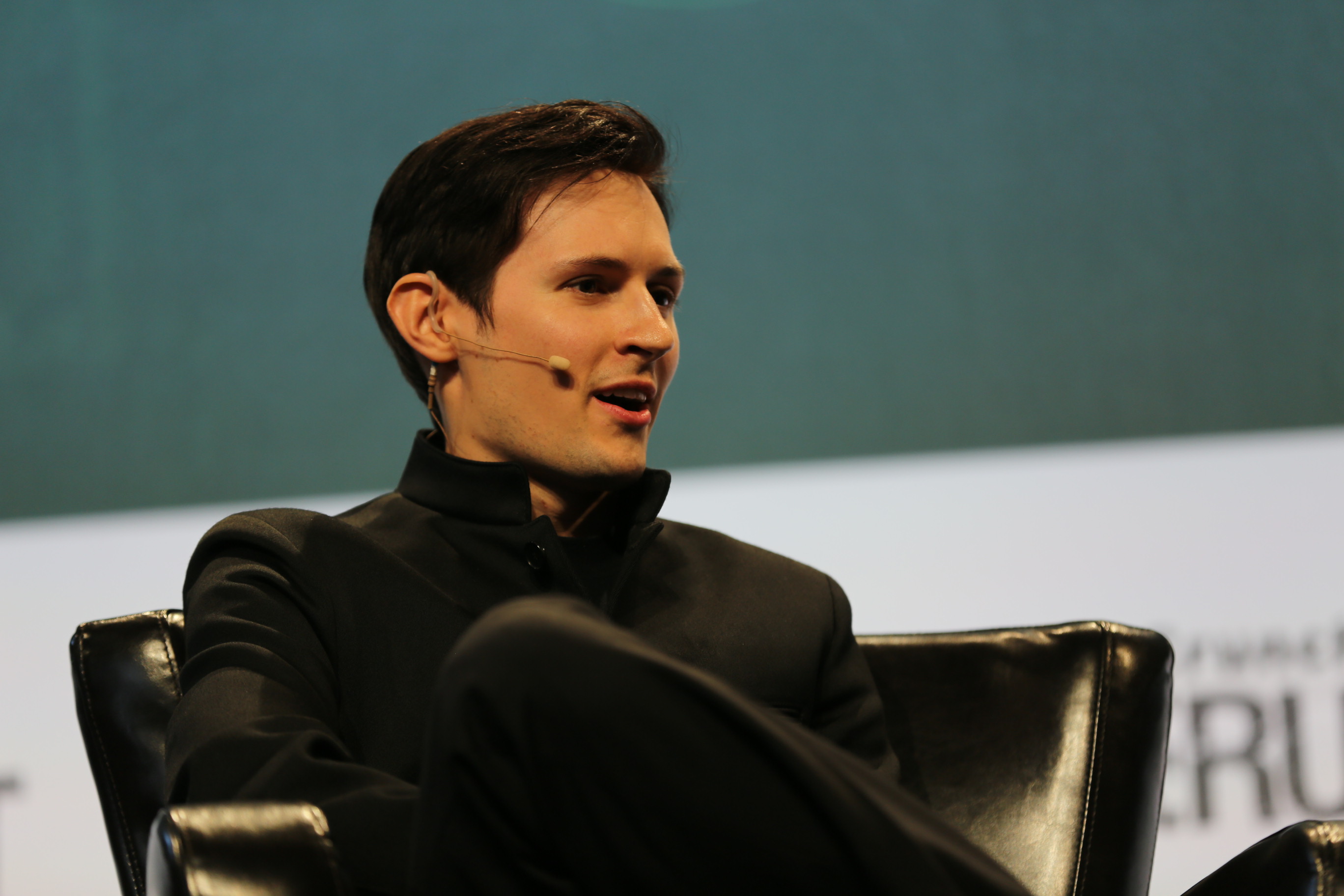Hike unbundles its messaging app to reach India’s next wave of smartphone users

How do you compete with the world’s largest chat app in its strongest market?
Hike, the Indian messaging app valued at more than $1 billion, is taking a unique approach to battling WhatsApp which involves dismantling its service, layering it on budget Android phones and offering free connectivity.
The company, which is backed by the likes of Tencent and Foxconn, today unveiled ‘Total, built by Hike’ — a new service aimed at reaching novice smartphone owners and first-time internet users in India.
Hike is in the unenviable position of competing squarely with WhatsApp, the world’s most popular chat app, which counts India as its largest single market with over 200 million active users. For perspective: that’s two-thirds of India’s internet using public. By contrast, Hike said it had collected 100 million registered users in January 2016, but there’s been no further update since then.
CEO Kavin Bharti Mittal plays down the competition — WhatsApp “doesn’t have to lose” for Hike to succeed, he said — but with Total, Hike is being more nimble that its Facebook-owned rival and redesigning itself to offer a different kind of experience to reach new internet users before WhatsApp gets them.
The most notable part of Total is that it runs without a data connection.
That’s important, Bharti Mittal told TechCrunch, because Hike has noticed a general slowdown in internet adoption growth in India. Last year’s launch of Reliance Jio, which offered free data packages for a time, took the number of Indians online to around 300 million, but Bharti Mittal believes the number is “stuck” due to factors like price and the challenge of just setting up a phone.
“It’s a 15-20 step process [to step up a smartphone] and that’s complicated for a first time mobile user,” he explained in an interview. “Combined with pricing, that makes it very scary.”
Total, then, is Hike’s effort to make things easier. The startup teamed up with mobile carriers and OEMs for Total, with device makers bundling a tweaked version of Android that makes Hike the default text/call app and loads features like Hike’s wallet, cricket news and horoscopes. The registration process is now down to under five steps, too.
The piece de resistance is ‘data without data.’
Owners of Total-powered devices can get online without a data plan thanks to an adaptation of USSD, a technology that is typically used to send basic information to devices like balance checking.
Hike said it developed a proprietary system that, with approval from carriers, allows USSD to be used for basic internet access. Supplied for free, it allows a range of Hike services to operate on a device when it is offline.

Total unbundles and pre-installs eight Hike services that operate without a data connection
It isn’t fast — TechCrunch was shown a demo during a video conference call — but it’s enough to operate Hike messaging, Hike wallet and the unbundled features like real-time cricket scores. Like Internet.org, Facebook’s free internet system that was deemed unconstitutional in India, Hike gives a taste of internet to users in the hope that they will want more.
Specific features — such as sending or receiving photos in chat — require a data package, and Hike has negotiated with carriers to offer tariffs as low as 1 INR (less than $0.02). The payment is made over the device’s Hike Wallet, which connects to a bank account using the Indian government’s UPI tech.
“Our goal is still to bring one billion people online. The Total connection is pretty good but it is not the internet, we want people to come on to rich services,” Bharti Mittal explained.
Initial partners include operators Total. Airtel, Aircel and BSNL — which cover around 40 percent of India’s market — while four smartphones from Indian OEMs Intex and Karbonn due to launch March 1. They will be priced from 3,500 INR ($55), Bharti Mittal said.
“These are starting partners and our hope is that, as we make more progress, we can get more partners,” the Hike CEO said.
Financially, Hike is paying the OEMs to pre-bundle Total. Bharti Mittal didn’t comment on its agreement with carriers but you’d imagine there is a revenue-share agreement for each data pack or upgrade sold.
No doubt, Hike’s proposition is seen as a low-risk opportunity for India’s carriers, who are still reeling from the emergence of Reliance Jio, which is funded by India’s richest man. The upstart telco is said to have picked up 140 million subscribers by standing out. It launched its own-brand phones and has even been linked with releasing a cryptocurrency such is its determination to disrupt the status quo in India’s telecoms market.
Hike isn’t just looking at India for Total, however. Bharti Mittal estimated that the program has a two-year window of potential domestically, but, as Indian consumers become tech-savvy and increasingly use data plans, it will look at overseas opportunities.
“There are many markets out in the world where this technology could be equally as prevalent,” he said, hinting that Africa and neighboring countries could be expansion targets.
Hike isn’t alone at addressing India’s future internet users. Google has released a range of data-friendly apps for those on spotty connections and limited smartphones, while its public WiFi program — which covers national train stations — has received impressive reviews.
Published at Wed, 17 Jan 2018 07:51:23 +0000




